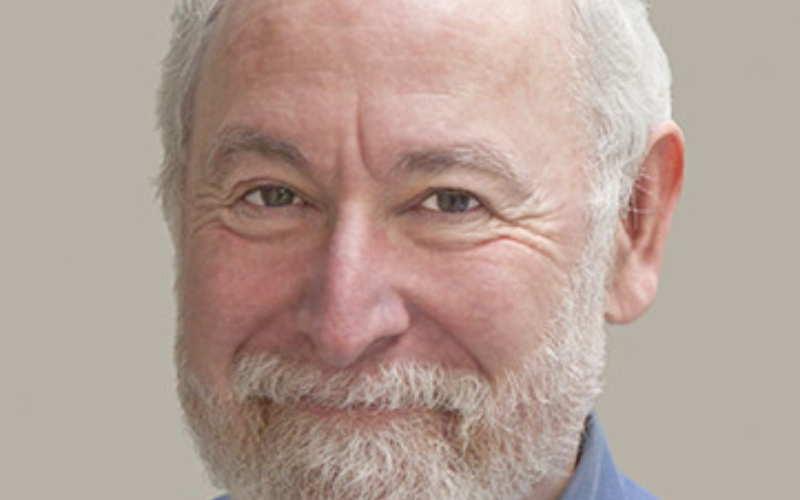“Analytic candidates in training struggle with the fact that you tend to get thrown into the deep water before you really know what you’re doing. Then, the anxious candidate will typically struggle to find something to hang on to – and it’s much easier to hang on to a theory than it is to hang on to the subtle and irreproducible nuances of clinical work. Candidates tend to latch on to theory and displace their anxiety about what they don’t know to the theory, which is at least in principle knowable in order to calm down their anxiety about the actual interpersonal event that is the therapy.”

Lee Grossman, MD
Oakland
Episode Description:
We begin with explaining that our title Technique is Character Rationalized recognizes that we refer to colleagues based on our sense of their character not based on their theoretical orientations. We discuss the use and misuse of theory to offer analysts distancing structures when faced with the uncertainty of intensive treatment. Lee distinguishes between neurotic and perverse mental processes and considers the differing clinical challenges faced with each. We take up sado-masochism as object-preserving, the use of aggression to defend against tenderness, and how privileging psychic reality may for some result in confusing fantasy with reality. We close with Lee sharing with us his personal analytic journey and his reflections on our field now that he is retired.
Our Guest:
Lee Grossman, MD trained at the San Francisco Center for Psychoanalysis where he was a training and supervising analyst for 40 years. He served on the editorial board of The Psychoanalytic Quarterly for fifteen years, and currently serves on the board of JAPA. He is also an exhibiting photographer whose work can be seen at www.leegrossman.net. He and his wife, Jan Baeuerlen, have both just retired from clinical work. They live in Oakland, CA with an English bulldog named Frank.
Recommended Readings:
Bateson, Gregory (2002) Mind and Nature: A Necessary Unity. Advances in Systems Theory, Complexity, and the Human Sciences. Hampton Press. Erikson, Erik H. (1963). Childhood and Society, 2nd edition. NY: W.W. Norton. Friedman, Lawrence (1988). The Anatomy of Psychotherapy. Hillsdale NJ: The Analytic Press Greenberg, J.R. (1981). Prescription or description: the therapeutic action of psychoanalysis. Contemp. Psychoanal. 17: 235-57. Hoffman, I.Z. (1983). The patient as interpreter of the analyst’s experience. Contemp. Psychoanal. 19:389-422. Levenson, E.A. (1988). Real frogs in imaginary gardens. Facts and fantasies in psychoanalysis. Psa. Inquiry 8:552-67. Loewald, H.W. (1952). The problem of defense and the neurotic interpretation of reality. Int. J. Psa 33:444-449. Reed, G. S. (1987) Rules of Clinical Understanding in Classical Psychoanalysis and in Self Psychology: A Comparison. Journal of the American Psychoanalytic Association 35:421-446 Upcoming Episode: Freud’s Nephew and the Creation of ‘Buzz’ for Psychoanalysis with Joseph Malherek, Ph.D. (Raleigh, NC)

What a delight to hear such an interview. Lee Grossman combines the wisdom of a long career of clinical experience and a scholarship devoid of scholasticism with the curiosity and fresh open mind of a beginner, one for whom each patient is a first patient. His attitude of analytic inquiry rather than indoctrination shines through not only in his discussion of individual psychology but in his grown up attitude about problems in the balance between the analytic movement and the analytic establishment. His voice is fresh.
I have, however, read his book, and this interview gives no hint of another of his attributes: Lee Grossman may be the wittiest analyst extant. There is laugh aloud satire in his book. Read it and, I believe, like me, you not only will learn but will also have fun.